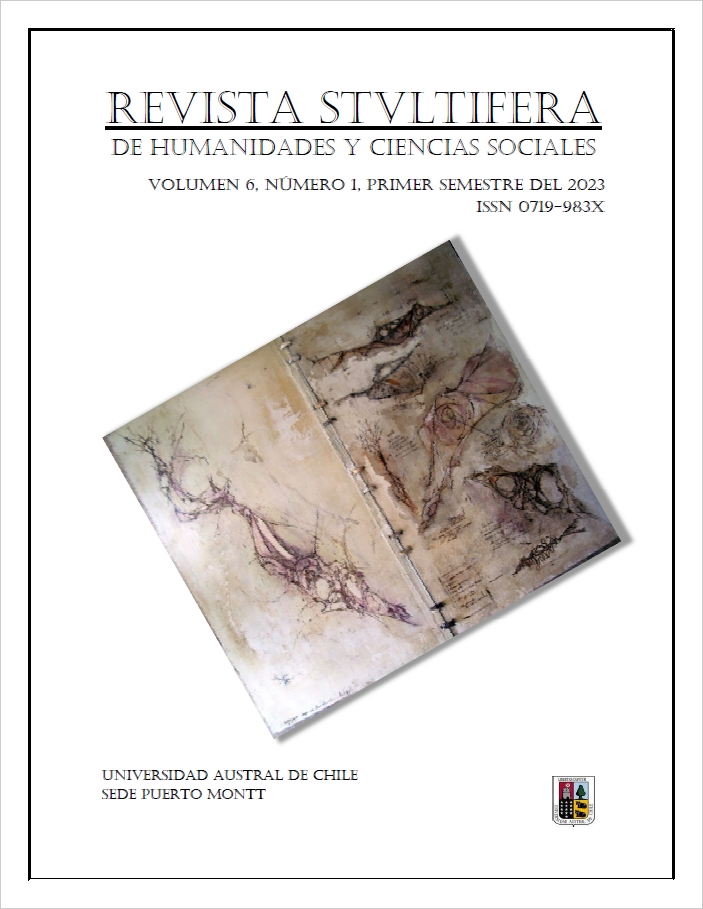“Exemplary”, “Exceptional” and “Singular” Populisms. Towards a Historical-Conceptual and Political-Intellectual Understanding of Populism in Latin America in the Seventies
Main Article Content
Abstract
This article aims to outline answers that allow us to elucidate when and how populism was constituted as a Latin American political concept. Who were its conceptual producers? And what do these conceptualizations and their various uses reveal about vast sociopolitical transformations in the region? A conceptual, historical and a political-intellectual approach is used to scrutinize connections between debates and problems around “the populist question” in countries such as Argentina, Brazil, Colombia and Mexico during the seventies. We traced different uses of the concept and modes of theoretical approach used by intellectuals and academics from the subcontinent to “manufacture” the concept. Our analysis shows that populism is a key concept in the political lexicon of Latin America and that debates over its definition on a continental scale, catalyzed representations of “the autochthonous” and “the own” of Latin American politics. We are dealing with a concept that made possible the invention of that representation called Latin America, a category that in the early years of the 1970s was endowed with an essential identity, articulated with new versions of self-exoticism and the negative dimension of the forms of organization of community life in the subcontinent. The article contributes to the understanding of the debates around populism on a national and continental scale, connecting representations, problems and conceptualizations that gave life to the idea according to which the essence of 20th century Latin American politics is the opposite of the ideal or desirable political horizons.
Article Details

This work is licensed under a Creative Commons Attribution-NonCommercial 4.0 International License.
Usted es libre de compartir (copiar y redistribuir el material en cualquier medio o formato) y adaptar (remezclar, transformar y construir sobre el material). El licenciante no puede revocar estas libertades siempre y cuando usted siga los términos de la licencia.
La licencia se da bajo los siguientes términos:
Atribución: debe dar el crédito adecuado, proporcionar un enlace a la licencia e indicar si se realizaron cambios. Puede hacerlo de cualquier manera razonable, pero no de ninguna manera que sugiera que el licenciante lo respalda a usted o a su uso.
No comercial: no puede utilizar el material con fines comerciales.
Sin restricciones adicionales: no puede aplicar términos legales o medidas tecnológicas que restrinjan legalmente a otros de hacer cualquier cosa que la licencia permita.


 https://orcid.org/0000-0002-4233-0855
https://orcid.org/0000-0002-4233-0855